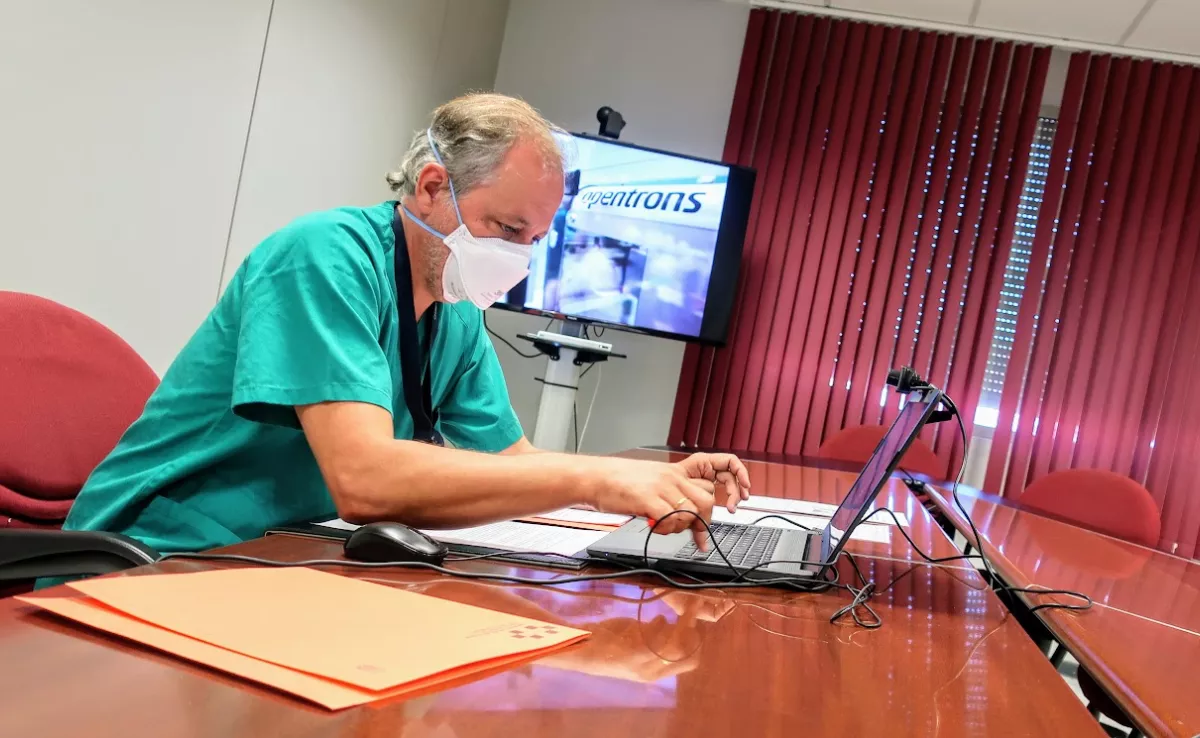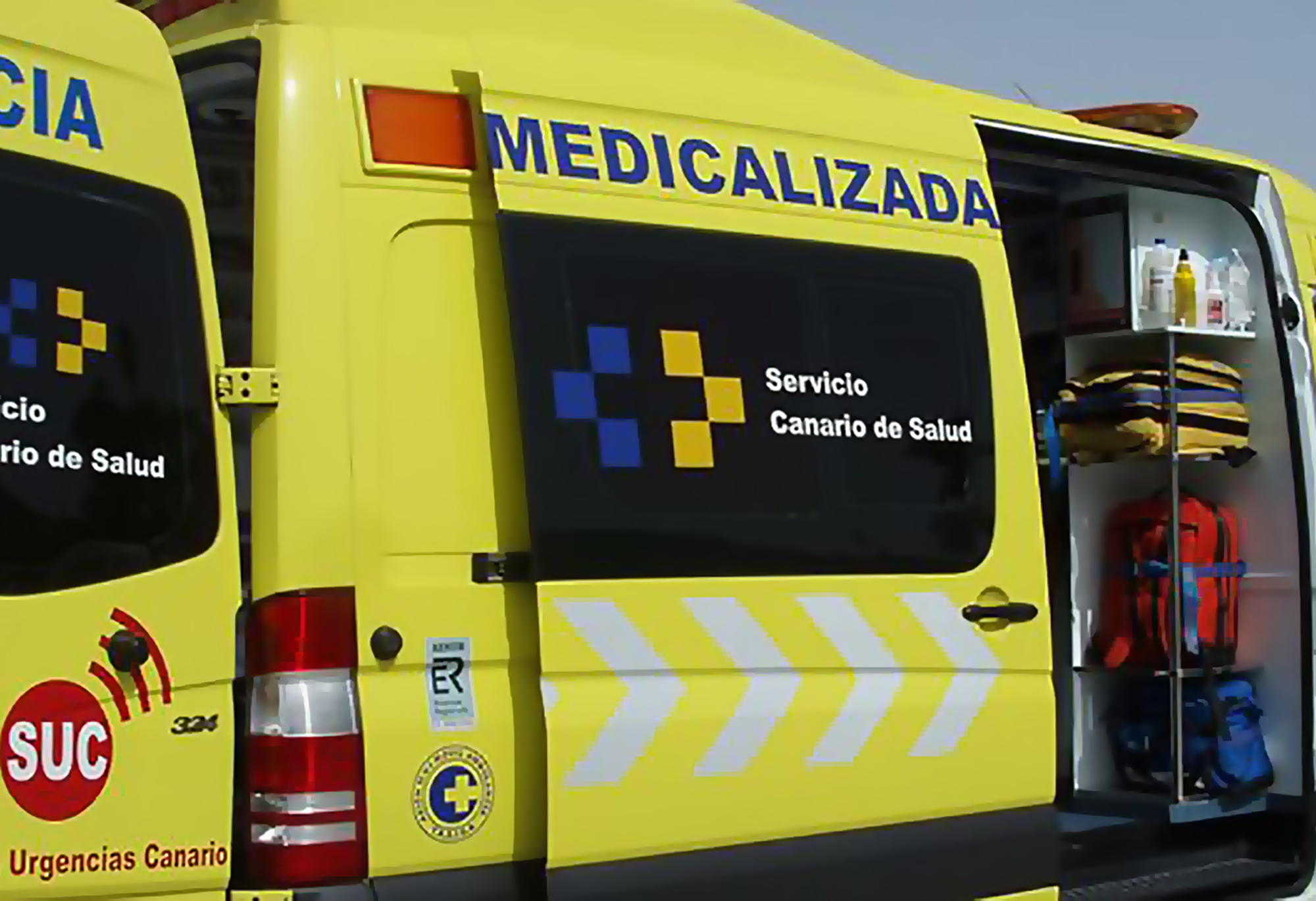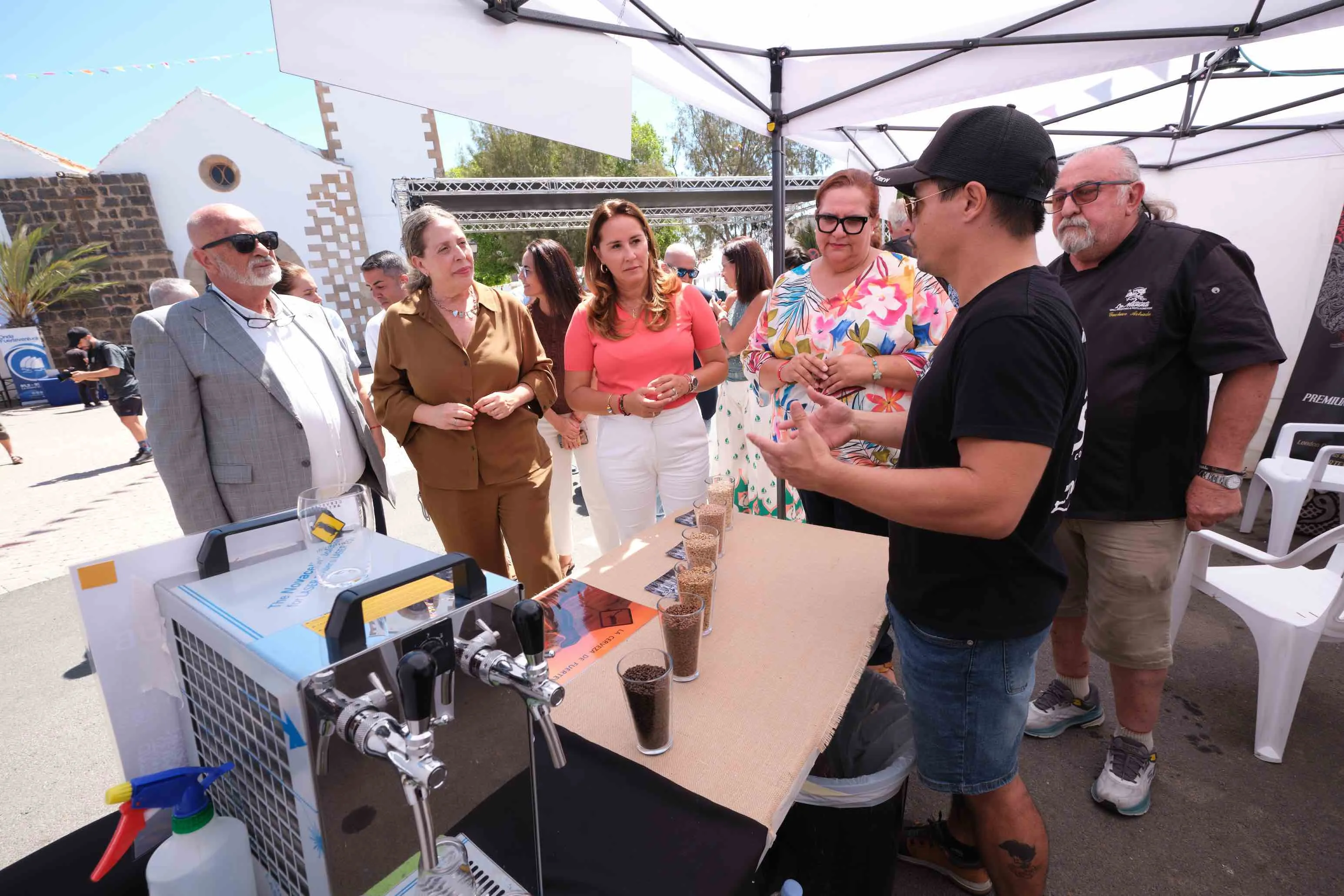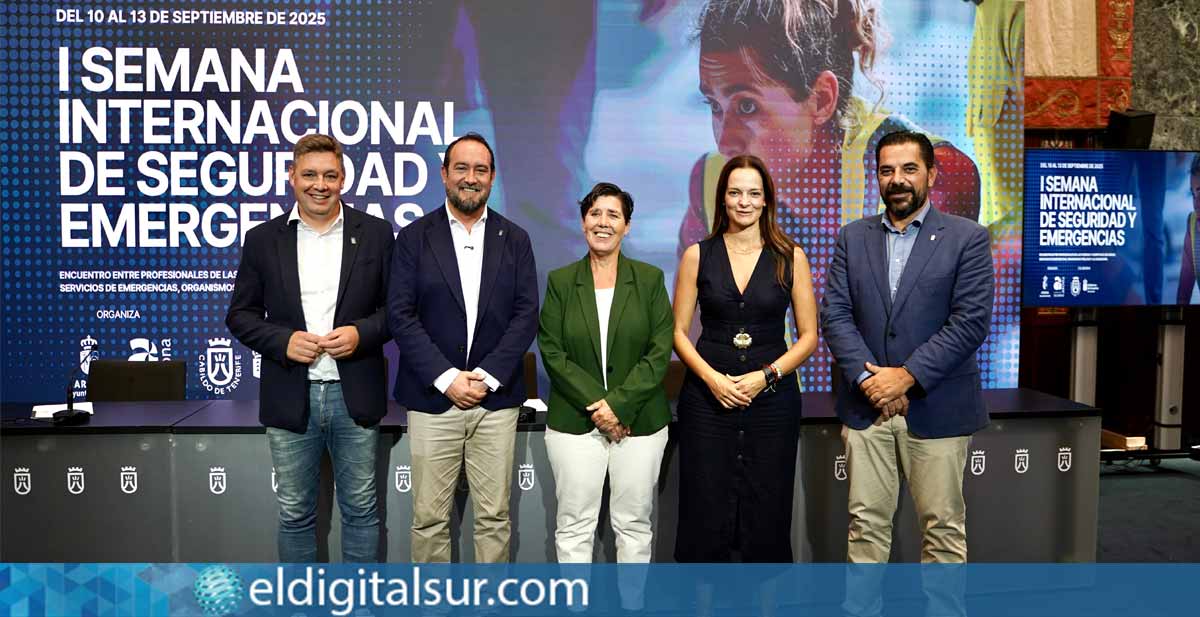Óscar Díez Gil Appointed New Director of Candelaria University Hospital

The Canary Islands Government approved the appointment of Óscar Díez Gil as the new director of the Nuestra Señora de Candelaria University Hospital in Tenerife during its session on Friday, 5 September. This decision follows the resignation of Roberto Gómez Pescoso, the previous director, to whom the Government extends its gratitude for his services.
Background and Qualifications
Díez Gil holds a degree in Medicine and Surgery from the University of Valladolid and is a specialist in Microbiology and Parasitology. He also possesses a master’s degree in Medical Management and Clinical Leadership, as well as qualifications in Optimisation of Antibiotic Use (PROA) and Public Executive Management.
Training and International Experience
He has undergone training placements at several prominent hospitals, including Mount Sinai Hospital in Toronto, Hospital Carlos III in Madrid, and Gran Canaria Doctor Negrín University Hospital.
Previously, Díez served as the medical director at Nuestra Señora de Candelaria University Hospital, having also held positions as deputy medical director, head of the Microbiology and Clinical Laboratory Department, and section chief of Microbiology.
Teaching and Research Experience
Furthermore, Óscar Díez has teaching experience, serving as a lecturer for the Community Nursing and Public Health II specialty at the University of La Laguna, and for the advanced course in Health Management and Leadership at the Canary Islands School of Health Services and Social Care (ESSSCAN).
He is also involved in research and innovation groups, including the research team for the ECDC/HERA Project, the Quality Control Study Group of the Spanish Society for Infectious Diseases and Clinical Microbiology (SEIMC), and the Spanish Working Group on MDRTB at the University of Zaragoza. Additionally, he has a number of publications and scientific and technical documents.













